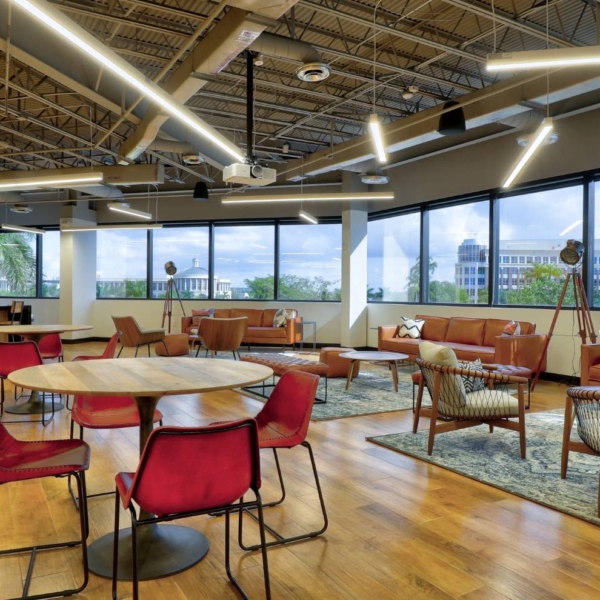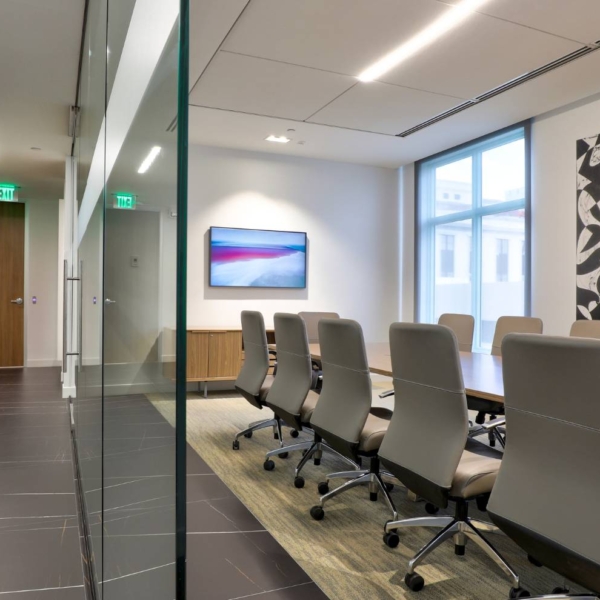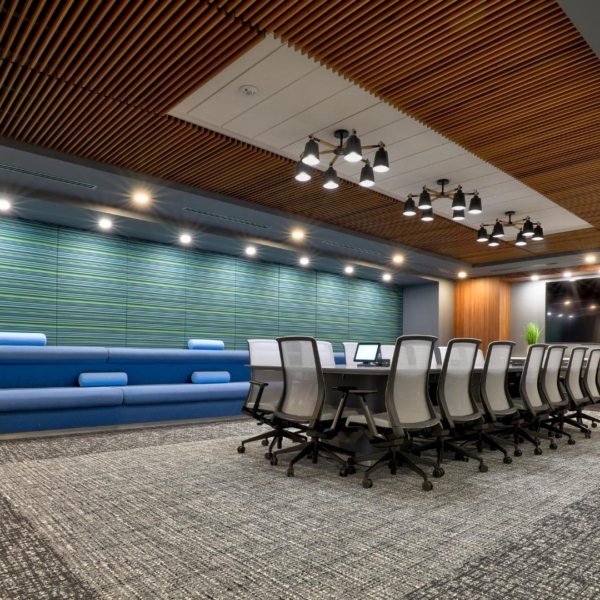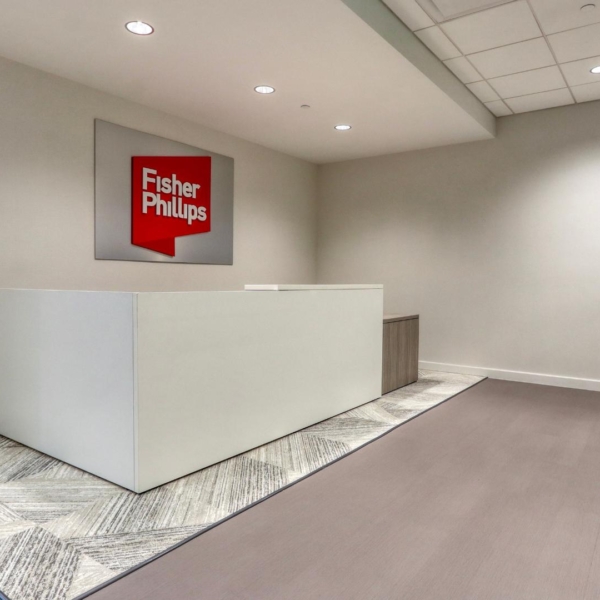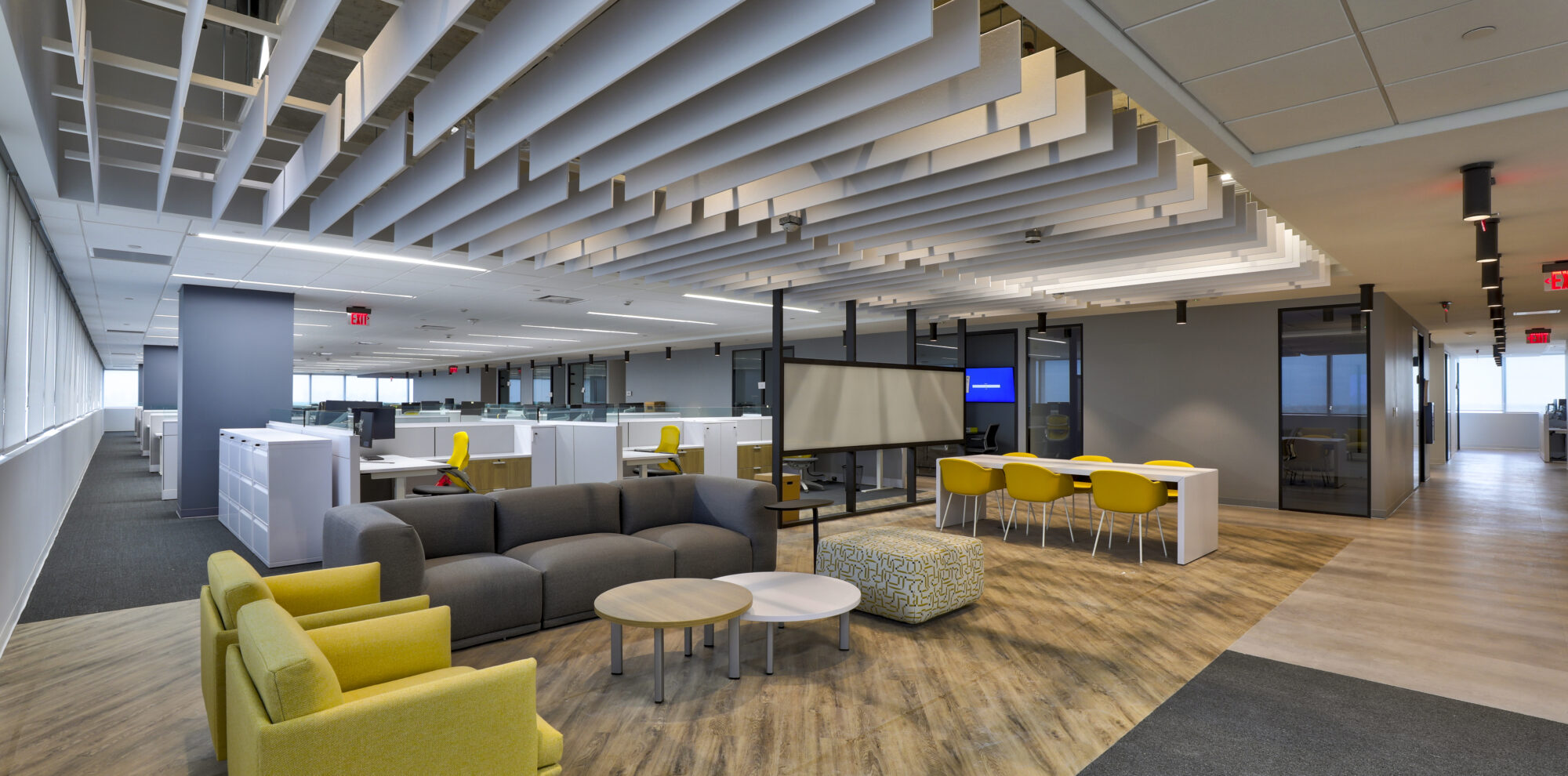On this page, we’ll discuss how Commercial General Contractors guarantee safety and compliance, what are their roles, how commercial general contractors ensure compliance with regulations, and more!
Intro To Commercial General Contractors
Commercial general contractors prioritize adherence to building codes and safety regulations in construction management, ensuring subcontractors follow these onsite during construction projects. Businesses understand that compliance in commercial construction is not just about following laws for the job but also about ensuring the well-being of workers and future customers. To achieve this in construction projects, they implement rigorous safety protocols involving the construction site and subcontractors in the design.
Contractors maintain safety by conducting regular site audits. These inspections assess potential hazards, skills of commercial contractors and subcontractors, and insurance coverage and ensure that all practices meet industry standards. They also provide ongoing training for their teams. This education covers proper equipment use and emergency responses. Moreover, reliable contractors often hire specialized safety personnel to monitor daily construction project operations, ensuring work safety, insurance compliance, and budget adherence.
What Are the Roles of Commercial General Contractors in Ensuring Compliance and Safety?

With their experience, commercial general contractors play a pivotal role in project management, from budgeting to hiring work personnel. Public and commercial contractors ensure that all aspects of their work, including insurance, adhere to stringent construction codes and regulations. As commercial contractors, these general contractors are responsible for coordinating tasks across various teams in a construction project, ensuring timely work completion while maintaining safety standards.
One key responsibility is regulatory compliance. Contractors must stay current with local, state, and federal building codes, work materials, and experience. Commercial contractors must understand their work’s zoning laws and environmental regulations, drawing from expertise and considering materials. This knowledge, gained from experience, helps commercial contractors prevent legal issues that could delay or halt construction projects.
Safety is another critical concern for contractors. Commercial contractors develop comprehensive safety plans tailored to each site’s specific needs. These plans include commercial contractor worker training programs, regular equipment inspections, and emergency response strategies.
Effective contractor roles include:
- Overseeing job sites
- Enforcing safety protocols
- Managing subcontractors
- Ensuring quality control
Contractors also communicate with stakeholders regularly. This ensures everyone, including the commercial contractor, stays informed about the project’s progress and any potential compliance issues that may arise.
Why Compliance and Safety Measures Are Non-Negotiable in Commercial Projects?

Regulatory Adherence
Commercial general contractors FL must adhere to regulations. This ensures projects meet legal standards. Commercial contractors navigate complex building codes, environmental laws, and workplace safety mandates. Failure to comply can lead to severe penalties.
Contractors ensure project specifications align with local and federal requirements. An example of a commercial contractor is adhering to the Americans with Disabilities Act (ADA). This act requires commercial contractors to ensure public spaces are accessible to everyone.
Safety Protocols
Safety is a top priority for commercial general contractors in FL. They implement rigorous protocols to protect workers from harm. These measures prevent accidents, reducing downtime and potential liability.
Contractors conduct regular safety training sessions as an example of proactive measures taken onsite. They consistently enforce personal protective equipment (PPE) across all commercial contractor projects.
Quality Assurance
Quality assurance is another crucial aspect where compliance matters greatly in commercial construction work by general contractors in Florida or elsewhere.
High-quality materials and workmanship by commercial contractors ensure the longevity of structures built by these professionals. Commercial contractors perform thorough inspections at various stages of construction, guaranteeing that buildings are safe for occupancy.
Environmental Considerations
Environmental considerations are integral in modern construction practices.
General contractors must ensure their activities do not adversely affect the surrounding environment. Measures include proper waste disposal, limiting emissions, and a commercial contractor using sustainable materials whenever possible.
How Reliable Commercial Contractors Maintain Strict Compliance and Safety Protocols?

Reliable commercial general contractors prioritize regulatory adherence. They understand the stakes are high. Lives and legal standings can be jeopardized by negligence. To maintain compliance, they employ a multifaceted approach.
Firstly, commercial contractors or residential construction managers stay updated on industry standards and local regulations. This means regularly reviewing updates from OSHA and other relevant bodies as a commercial contractor. Commercial contractors also invest in continuous staff training to ensure everyone is aware of the latest safety protocols.
Secondly, these contractors implement rigorous internal auditing processes. Regular site inspections by a commercial contractor help identify potential risks before they become problems. The contractor documents everything meticulously, ensuring that all procedures are followed.
Thirdly, technology is crucial in maintaining safety standards for commercial general contractors, whether FL, FL-based, or otherwise. Software tools track project progress against compliance benchmarks effectively.
Finally, communication with stakeholders is essential for reliable contractors to successfully maintain strict compliance and safety protocols.
Key strategies include:
- Staying informed about changes in laws
- Conducting thorough employee training
- Performing regular audits on the project site or commercial buildings
- Utilizing technology for better oversight with a building contractor
By adopting these practices diligently, reliable commercial general contractors protect their workforce and secure their reputation within the industry as safe and compliant entities.
What Regulations and Codes Guide Commercial Contractors to Ensure Safety?

A comprehensive framework of regulations and codes binds commercial general contractors. These standards are crucial for contractors to maintain safety in construction projects. The Occupational Safety and Health Administration (OSHA) sets federal guidelines for all contractors. OSHA’s regulations, applicable to contractors, cover numerous aspects, from fall protection to electrical safety.
Local building codes dictate specific requirements tailored to regional needs for contractors. For instance, contractors must adhere to stringent wind resistance standards in hurricane-prone areas like Miami. This ensures structures can withstand extreme weather conditions.
- OSHA guidelines
- Local building codes
- Wind resistance standards
General contractors also rely on the International Building Code (IBC). It provides a baseline for safe construction practices globally. Compliance with the IBC by the contractor helps ensure public health, safety, and welfare within the built environment.
Furthermore, industry-specific certifications for contractors contribute to raising safety bars higher. Organizations such as the American Society of Civil Engineers provide ongoing education about best practices in structural integrity and resilience for contractors.
Contractors often undergo rigorous training programs focusing on the following:
- Hazard recognition
- Risk assessment protocols
- Emergency response planning
These trainings help teams respond effectively during unforeseen incidents.
Safety is not just about following rules; it’s embedded in every layer of project management by competent commercial general contractors like those in Miami, where adherence is critical due to natural disaster risks.
Why Pre-Construction Planning Plays a Vital Role in Safety Assurance?

Pre-construction planning is crucial for safety. It sets the project’s foundation. Risk assessments are conducted to identify potential hazards. This leads the contractor to create detailed safety plans tailored to specific site conditions and project complexities.
During this phase, general contractors in Miami engage with architects, engineers, and clients. The contractor discusses structural designs and materials that impact safety during construction. For example, a commercial general contractor Miami choosing non-combustible materials can reduce fire risks onsite.
The planning stage also involves logistics considerations that enhance safety. Contractors plan for adequate space for equipment and storage of materials to prevent accidents caused by overcrowding or unsafe storage practices.
Moreover, pre-construction meetings allow teams to understand their roles in maintaining a safe environment. Clear communication of safety expectations helps build a culture where every worker prioritizes safety daily.
- Effective pre-construction planning includes:
- Conducting thorough risk assessments.
- Creating customized safety plans.
- Discussing safe material selections.
- Organizing logistics to minimize hazards.
By addressing these areas early on, contractors lay the groundwork for safer operations throughout the construction process.
A strong emphasis on pre-construction planning ensures compliance with regulations discussed in previous sections and industry best practices for workplace safety.
Contractors who invest time into meticulous pre-planning often see fewer accidents and disruptions during construction phases due to proactive hazard mitigation strategies being implemented from day one.
Safety training sessions can also be scheduled before work begins as part of this phase. Workers receive essential knowledge about handling tools safely or responding effectively in emergencies before they start working onsite—a critical step towards preventing injuries or worse outcomes later on.
When to Expect Site Inspections and Audits for Compliance and Safety?

Site inspections and audits are critical checkpoints in construction. They ensure compliance with regulations and uphold safety standards. Typically, these checks occur at multiple stages.
The first inspection often happens before construction begins. This is to assess the site’s readiness against the pre-construction plan discussed earlier. A commercial general contractor will confirm that all safety measures are in place.
Regular audits then follow as construction progresses. These can be weekly or monthly, depending on the project’s complexity. For example, a commercial general contractor in Miami may opt for more frequent reviews due to local codes.
Unscheduled inspections also take place after incidents or when new risks emerge. Contractors must stay prepared for these surprise visits from authorities or third-party auditors.
Critical times when you can expect formal site inspections include:
- After major milestones
- Before utility services go live
- Upon completion of structural work
Each audit brings a chance to address issues early on, preventing costly delays later.
Commercial general contractors bear responsibility for meeting all regulatory demands during these evaluations. They must provide documentation proving adherence to laws and guidelines set by OSHA and other bodies.
How to Select a Commercial Contractor Known for Prioritizing Safety?

Safety Record
The safety record of a contractor is paramount. Review their history of workplace incidents. A low number of accidents signals a commitment to safety protocols. Check the Occupational Safety and Health Administration (OSHA) database for violations.
Contractors should willingly share their safety statistics. Transparency in this area suggests they take safety seriously. Ask for reports or records during initial meetings.
Certifications
Certified contractors show dedication to industry standards. Look for certifications like OSHA 30-hour training or equivalent programs focusing on hazard recognition and prevention strategies.
Ensure the Florida construction company you consider has the necessary state-specific licenses and certifications, which affirm their competence in maintaining safe job sites within regional compliance requirements.
Training Programs
Continuous education is crucial in evolving industries like construction. Inquire about ongoing training programs related to safety practices that the commercial general contractors provide for their employees.
A robust training program indicates an investment in worker competency and incident prevention, positively impacting site safety.
Client Feedback
Client testimonials offer insights into real-world experiences with contractors’ safety measures applied to previous projects.
Reach out to past clients of potential commercial general contractors and ask about their experience regarding site safety management by these companies.
When Can Clients Expect Detailed Safety Reports from Their Contractors?

Clients should expect to receive detailed safety reports regularly throughout the construction process. Typically, this occurs after each significant phase of construction is completed. For instance, a report may be due once the foundation is laid or the framing is erected.
Here are vital times when safety reports are typically provided:
- Before project commencement
- After the completion of significant milestones
- Following any incident or accident, onsite
- At scheduled weekly or monthly meetings
Clients must understand that these reports are not just formalities but essential tools for ensuring ongoing safety and regulation compliance.
A reputable Florida construction company will often have a systematic approach to generate these reports. They meticulously document all data regarding site inspections, worker training sessions, equipment checks, and incident responses.
For example, after installing electrical systems in a new building development, contractors should present a report detailing the procedures followed and measures taken to prevent accidents related to electrical work.
Regular reporting helps identify potential hazards before they lead to incidents. It also demonstrates transparency and commitment by the contractor to maintaining safe practices. Clients can use these insights to discuss concerns or commend safe practices during project reviews with commercial general contractors.
Conclusion
Reliable commercial general contractors prioritize compliance and safety, ensuring projects meet legal standards and protect workers. They implement rigorous safety protocols, provide ongoing training, and stay updated on regulations. This commitment minimizes risks, boosts efficiency, and guarantees project integrity, making them indispensable for successful, secure construction endeavors.

